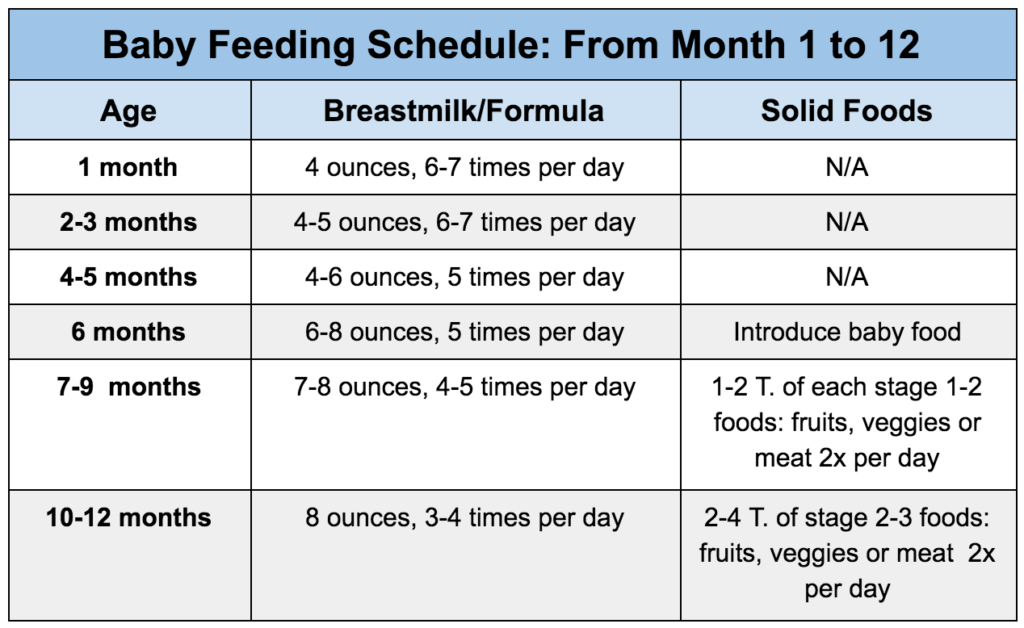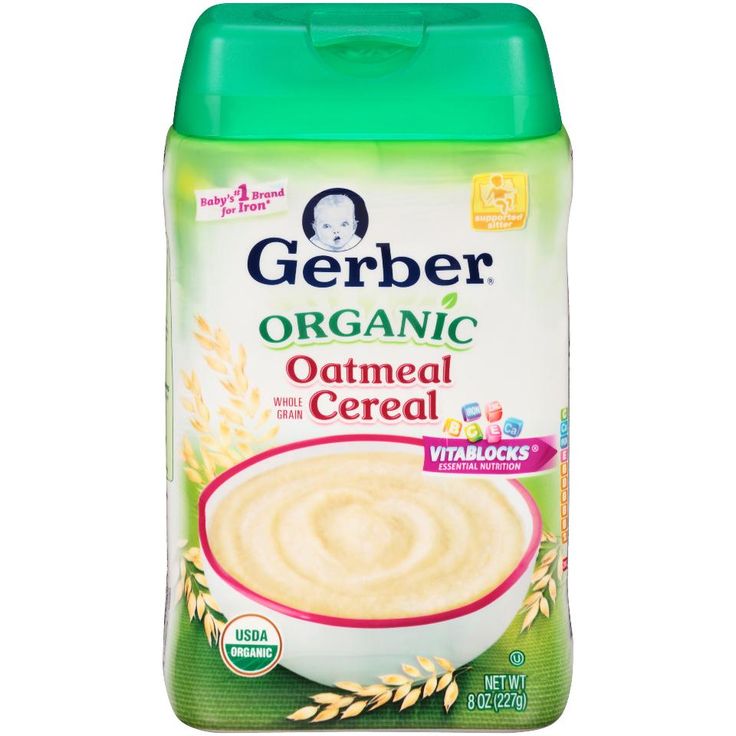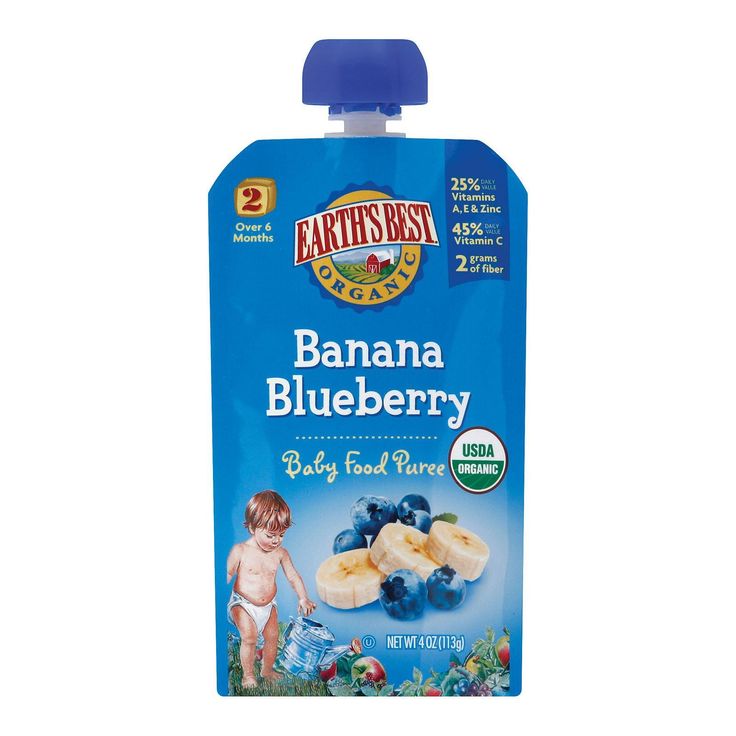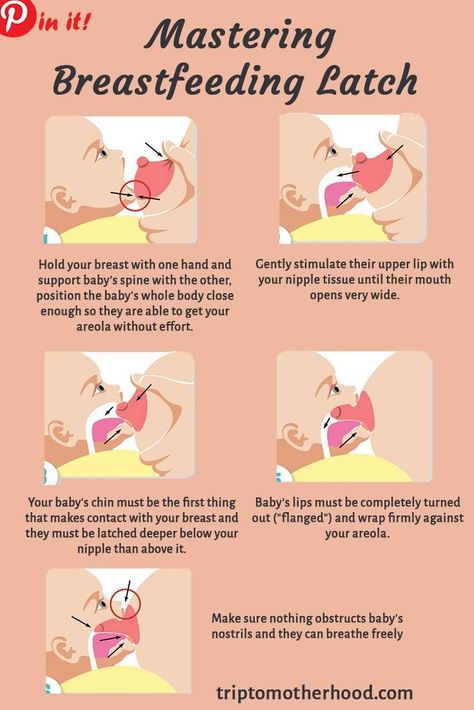My baby grunts while feeding
Newborn Grunting: Why Is This Happening?
Is it normal?
It may sound strange to you, but the occasional grunts coming from your newborn are perfectly normal.
As a new parent, you listen to every little sound and movement your baby makes. Most of the time, your newborn’s gurgling noises and squirms seem so sweet and helpless. But when they grunt, you may begin to worry that they’re in pain or need help.
Newborn grunting is usually related to digestion. Your baby is simply getting used to mother’s milk or formula. They may have gas or pressure in their stomach that makes them feel uncomfortable, and they haven’t learned yet how to move things through.
While most grunting is normal, if your baby is grunting with every breath, has a fever, or appears to be in distress, see your doctor.
This grunting may be a sign of a more serious respiratory problem and needs immediate attention.
The cause of newborn grunting
When your baby grunts, it usually means they’re learning how to have a bowel movement. They haven’t yet figured out how to relax the pelvic floor while also using abdominal pressure to move stool and gas through their system. Their abdominal muscles are weak, and they must bear down with their diaphragm against their closed voice box (glottis). This leads to a grunting noise.
They will grunt until they can figure it out, so it may take a few months for your newborn to produce a bowel movement or pass gas without grunting. Some people call this grunting baby syndrome (GBS). Rest assured, it’s fairly common and rarely a sign of something serious.
Babies may also look like they’re straining, and a newborn’s head may turn purple or red in color. This may last for several minutes, according to an article in the Journal of Pediatric Gastroenterology and Nutrition (JPGN).
This shouldn’t be confused with constipation. Your newborn’s system is working correctly to produce excrement. Your baby just hasn’t figured out how to move it through. While the grunting is unpleasant, your newborn simply needs to get used to its new world.
The remedies
You should confirm with your doctor that your baby’s grunting is normal.
If your grunting baby is simply learning how to have a bowel movement, the only true cure is for your newborn to learn how to relax their anus while pushing with their abdomen. This is something your baby will learn with time through trial and error.
Some doctors recommend that parents help their newborn by providing anal stimulation. This involves use of an anal thermometer or a piece of cotton to help stimulate the bowel. While this method usually works to help your baby have a bowel movement, it may have negative side effects in the long run. Your baby may eventually become dependent on this method to have a bowel movement. According to JPGN, repeated use of this method will delay your infant’s ability to learn the correct process for passing stool.
In most cases, the grunting starts in the first months of life and resolves on its own after a few weeks. Every baby is different. It all depends on how long it takes for your newborn to master the coordination of its bowel movements.
It all depends on how long it takes for your newborn to master the coordination of its bowel movements.
When to be concerned
The grunting of a healthy child learning how to deal with digestion is different from the grunting of a sick baby.
Grunting with every breath is never normal. Grunting at the end of every breath could be a sign of respiratory distress.
If your baby is grunting often and also has other signs of illness, such as a fever, or appears to be in distress, see your doctor. This could be a sign of a serious medical condition and requires immediate attention.
Grunting with breathing could be a sign of:
- asthma
- pneumonia
- sepsis
- meningitis
- heart failure (which causes fluid to build up in the lungs and a shortness of breath)
Check for other signs of respiratory distress or illness to determine if your baby’s grunts are normal or a sign of another problem. Other signs of respiratory problems include:
- blue tongue or skin
- weight loss
- fever
- lethargy
- nasal flaring
- pauses in breathing
The takeaway
Watching and hearing your baby struggle may be difficult, but in the end, it’s important to let them figure it out on their own.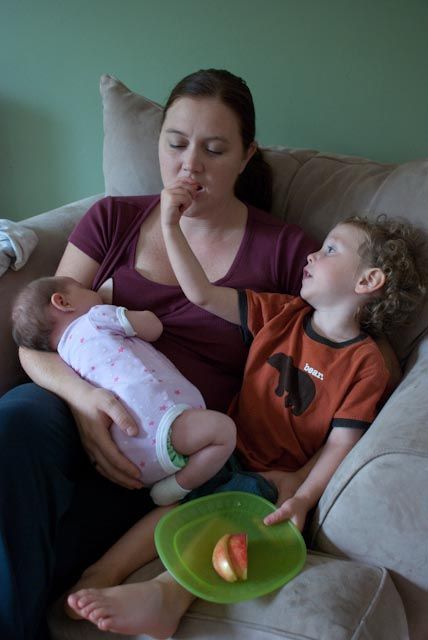
Grunting may seem a little scary, but it usually serves a very useful and healthy purpose for your baby. If your baby is healthy, active, appears happy, and is eating well, grunting is rarely a sign of illness.
See your doctor for a checkup if you have questions or concerns about your grunting baby.
And treat grunting with every breath as a medical emergency.
Newborn grunting: Causes and home remedies
Usually, newborns grunt when they learn how to pass stool. However, this grunting can occasionally indicate a health issue, such as trapped mucus, gastroesophageal reflux or irregular breathing.
In this article, we explore the reasons that newborns grunt. We also discuss accompanying symptoms, home remedies, and when to see a doctor.
When newborns grunt, it can sound like they are in pain, but this is not usually true. Most often, it means that they are learning how to pass stool.
In other cases, the grunting can point to an underlying problem, and it is important to be aware of any other symptoms.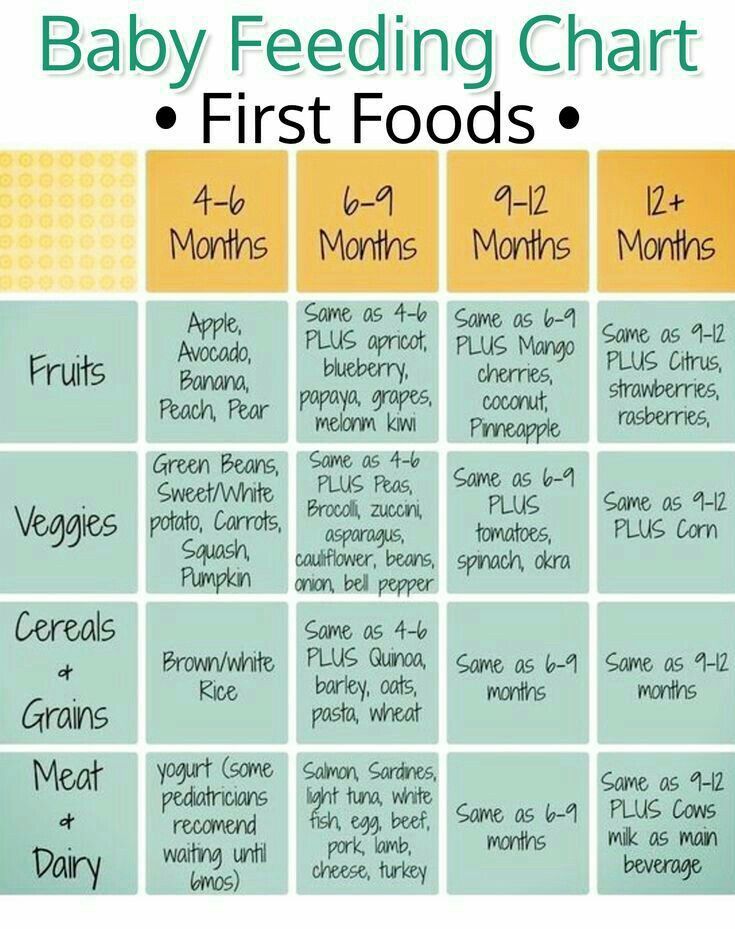 The presence of these can help to determine whether the grunting is a cause for concern.
The presence of these can help to determine whether the grunting is a cause for concern.
Share on PinterestCauses of newborn grunting may include having a bowel movement, irregular breathing patterns, and dreaming.
Newborns tend to grunt as they get used to having bowel movements. Doctors sometimes refer to this as grunting baby syndrome.
To pass stool, an adult often relaxes their pelvic floor and uses the stomach muscles to apply pressure which helps to move the stool through the gut.
At first, a newborn’s stomach muscles are not strong enough to do this, so they use the diaphragm muscle to move their bowel. As they exercise the diaphragm, it can put pressure on the voice box, resulting in grunting.
Other causes of newborn grunting include:
- Irregular breathing patterns. Newborns may grunt as they develop control over their breathing patterns.
- Trapped mucus. Mucus can collect in a newborn’s narrow nasal passages.
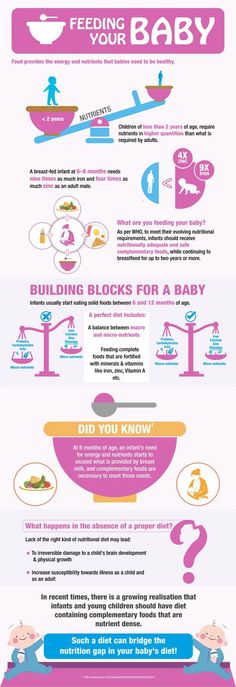
- Dreaming. Grunting during sleep can indicate dreaming or a bowel movement.
- Gastroesophageal reflux (GER). Also known as acid reflux, this occurs when stomach contents rise into the food pipe. It can cause discomfort, and the baby may grunt.
When a newborn grunts because they are passing stool, they may also:
- strain for several minutes
- cry
- turn red or purple in the face
Share on PinterestA reduced appetite can be a symptom of constipation in a newborn.
Grunting baby syndrome is not the same as constipation. A newborn who grunts usually passes soft stools.
Symptoms of constipation in a newborn can include:
- small, dry, pellet-like stools
- fewer than three bowel movements per week
- reduced appetite
- a hard stomach
- crying, discomfort, pain, or irritability before passing stool
- foul-smelling gas and stools
The following strategies can help:
- changing formula
- changing the diet of the adult, if breast-feeding
- feeding more often, to increase hydration
- massaging the baby’s stomach
A number of home remedies can help with newborn grunting. Depending on the cause, they include:
Depending on the cause, they include:
Learning to pass stools
When a newborn is learning to pass stools, grunting is usually normal and does not require treatment.
The grunting often stops when the newborn learns to relax their pelvic floor and the stomach muscles strengthen. This usually happens at a few months of age.
If the baby seems to have trouble passing stool, rubbing petroleum jelly on their anus can help. However, doing so too often can prevent the baby from learning to pass stool on their own.
Irregular breathing
Irregular breathing patterns are not usually a cause for concern, unless the newborn shows signs of breathing difficulties.
A baby monitor can help a caregiver to check for indications of abnormal breathing when the newborn is asleep. Some people also use movement monitors, which sound an alarm if the baby stops moving for longer than usual.
Trapped mucus
A nasal aspirator can help, if a newborn is grunting because mucus is trapped in their airways.
GER
The following home remedies can help to address GER in newborns:
- feeding the baby little and often
- feeding the baby more slowly
- avoiding bottle nipples with large holes, which can cause too fast a flow
- adding a little oatmeal to thicken milk or formula, but check with a doctor first
- burping the baby more often
If these home remedies do not help, the newborn may have a condition called gastroesophageal reflux disease (GERD).
Doctors tend to test for GERD if the newborn’s digestive symptoms show no improvement, if they are not gaining weight, or if they have symptoms that can indicate lung problems. Some of these symptoms are listed below.
Share on PinterestIt is essential to seek urgent medical attention if the newborn seems distressed, has a fever, or pauses between breaths.
Grunting may indicate a problem if the newborn:
- seems distressed
- regularly grunts at the end of a breath
- has a fever
- has a blue tinge in the lips or tongue
- pauses between breaths
- flares their nostrils
- draws in their chest as they breath
These symptoms can indicate difficulty breathing.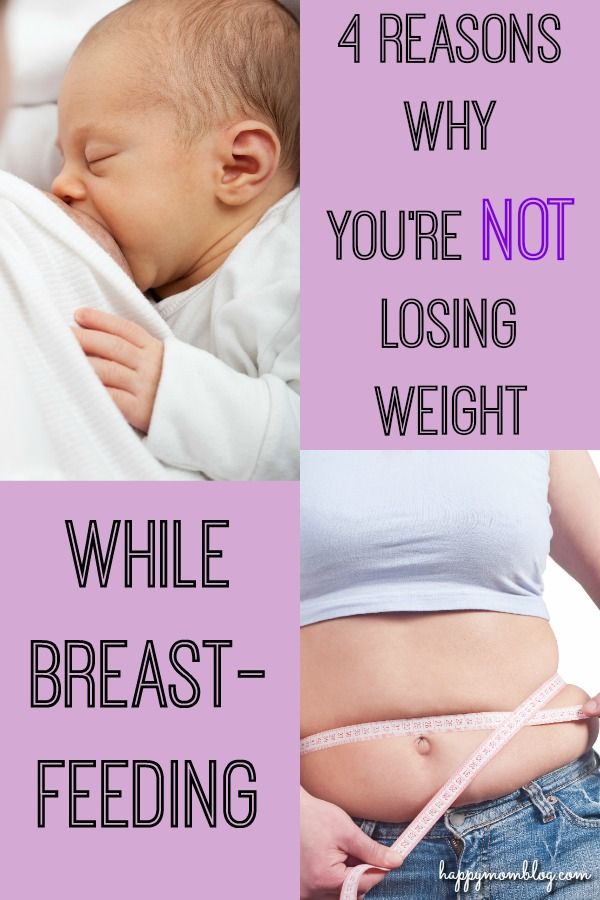 If the newborn has any of these symptoms, seek urgent medical attention.
If the newborn has any of these symptoms, seek urgent medical attention.
The doctor will most likely use an X-ray when making a diagnosis. In 2016, researchers reported that chest radiography is essential in determining the cause of respiratory distress in newborns.
Below, we describe other severe issues that can cause newborns to grunt. If a newborn has any of the following symptoms, seek medical attention right away. They may require emergency treatment.
Meningitis
In addition to grunting, symptoms of meningitis in a newborn can include:
- fever
- vomiting
- floppiness of the body
- skin blotches or a rash
- an unusual cry
Sepsis
Sepsis is commonly described as blood poisoning. In addition to grunting, symptoms in a newborn can include:
- fever
- irritability
- breathing problems
- confusion
- floppiness of the body
- pauses of more than 10 seconds between breaths
- reduced urination
- jaundice
Heart failure
In addition to grunting, symptoms of heart failure in a newborn can include:
- inability to gain weight
- shortness of breath
- falling asleep during feedings or being too tired to feed
- coughing and lung congestion
- sweating
Newborns tend to grunt when they are developing the muscle strength needed to pass stool.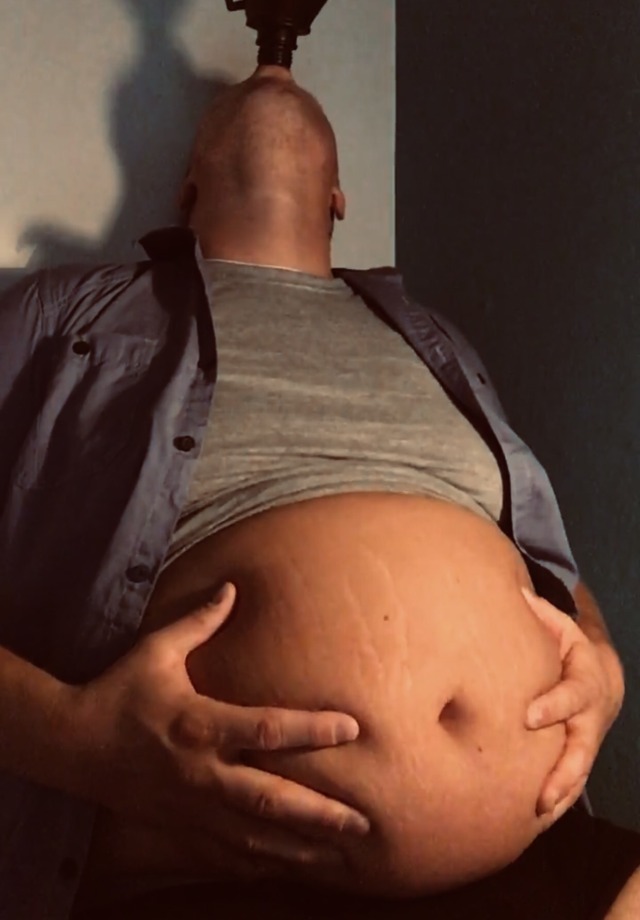
The grunting is usually not a cause for concern. However, if it accompanies certain symptoms, the grunting can indicate an underlying condition.
If a newborn is grunting and has any of the more severe symptoms listed above, seek urgent medical care.
why this happens and what parents should do
For people who do not have parental experience or education in pediatrics, babies are like space aliens. They look like adults, but they are different. And they make strange sounds. Some may be surprised even when the baby groans.
This is actually one of his ways of communicating. Up to two months, the child adapts to a new world for himself. And what he is not yet able to express in words, he demonstrates by behavior: groans, twitches his arms and legs, pushes, frowns. Grunting can be a sign of character building or active development in a child. nine0003
An infant can make such sounds out of pleasure (for example, during feeding), or when something is given to him with effort (for example, raise his head while lying on his stomach, go big).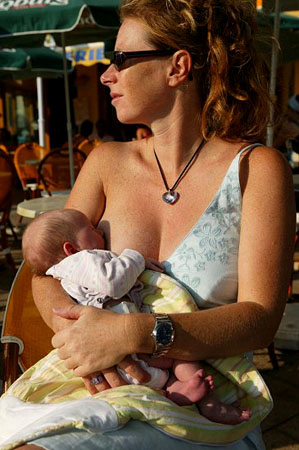 If the baby grunts a lot and often, and his facial expressions indicate that these sounds are not caused by the most pleasant emotions, you should consult a pediatrician (1).
If the baby grunts a lot and often, and his facial expressions indicate that these sounds are not caused by the most pleasant emotions, you should consult a pediatrician (1).
Foreign doctors have a term grunting baby syndrome - "grunting baby syndrome". We call it infantile dyschezia, and it is associated with difficulty in emptying the intestines (2). This is just one of the reasons why a child may grunt. And he may have different reasons to communicate something to the world of adults in this way. nine0003
Why does a newborn baby grunt
— If the baby only grunts, breathes normally, eats and sleeps, gains weight and height, then this is normal. So he can simply communicate with his parents or, for example, tell them that he wants to go to the toilet or that a small fold on his clothes interferes with him, - explains pediatrician, neonatologist, anesthetist-resuscitator, blogger, author and expert of the first aid course children Aelita Biryukova . - If parents have good contact with the child, they will always understand exactly how he groans when he wants to eat, and how he groans when, for example, he peed. nine0003
- If parents have good contact with the child, they will always understand exactly how he groans when he wants to eat, and how he groans when, for example, he peed. nine0003
If crying is added to grunting, this may indicate that the child is hungry or needs attention, that he has a full diaper, or, for example, that he is hot. That is, in this case, it is not necessary that there is cause for alarm.
But often the baby groans, and even cries when he suffers from colic.
So, the most common causes of grunting in newborns are:
- he communicates like this;
- he has colic;
- child has difficulty breathing due to stuffy nose; nine0024
- he has a dream;
- the baby is uncomfortable in his clothes - they are too warm or tight;
- have problems with bowel movements;
- the child is hungry or thirsty.
What to do if a newborn baby grunts
If the baby grunts and strains, but there are no other reasons for concern (constipation or frequent loose stools, constant crying, high fever), it will most likely go away with time. But if the condition of the groaning child is alarming, you should see a doctor. nine0003
But if the condition of the groaning child is alarming, you should see a doctor. nine0003
Colic is a common problem in infants during the first months of life (3). And what to do if this is the reason for the groaning?
- Starting from 2-3 weeks and ending at the age of 3 months, children are actively maturing the gastrointestinal tract. The immaturity of the gastrointestinal tract provokes a slight dysfunction, which may be accompanied by pain in the child's abdomen, explains Aelita Biryukova. Colic is always due to two causes. The first is distension of the intestines with gases. In this case, we see the inflated belly of the baby, he groans and strains under the influence of these gases. The second is spasms: when there is a peristaltic wave through the intestines. This happens often when there are long periods between feedings or when the baby is formula-fed. Therefore, on-demand breastfeeding is the best prevention option (4). nine0003
It is not difficult to help a child in both cases, especially since you will certainly find at least one suitable drug in any pharmacy.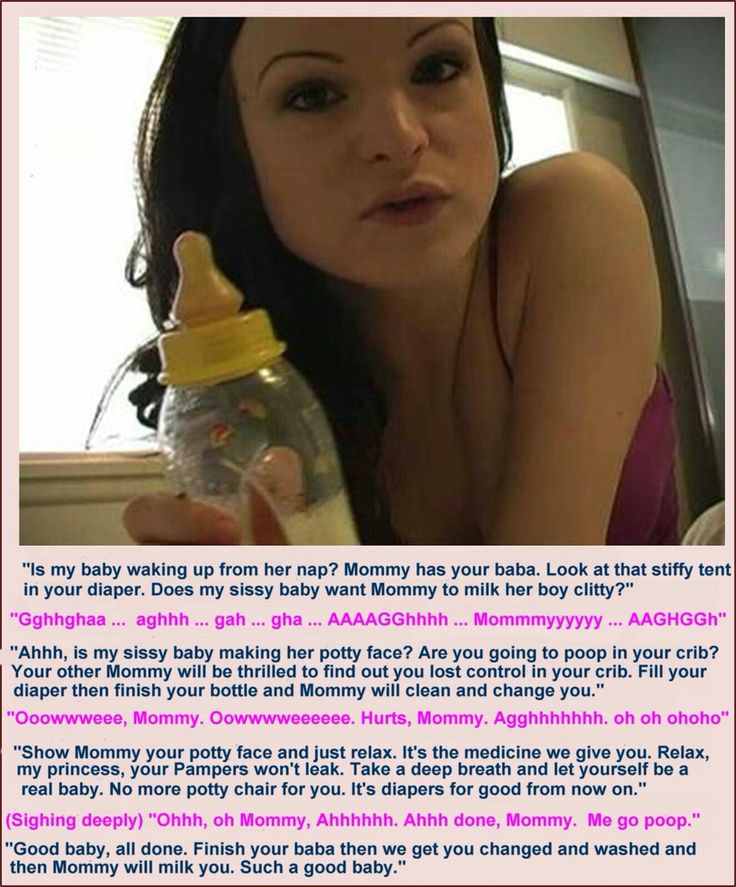 But remember that the use of any medication should be discussed with the pediatrician beforehand.
But remember that the use of any medication should be discussed with the pediatrician beforehand.
– If we are dealing with a spasm, dill water or some herbal preparations will come to the rescue. And excess gas formation is removed with simethicone preparations, says pediatrician Aelita Biryukova. - The mechanism of action is important: the first are given before feeding, and the second during or after. nine0003
Popular Questions and Answers
Although babies grunting is nothing new to doctors, for parents most expecting to hear grunts, these sounds may seem strange. Therefore, a lot of clarifying questions arise. Aelita Biryukova answers them.
Do “grandmother's” remedies help with colic: a warm heating pad on the stomach, stroking, herbal supplements?
Herbal supplements - yes. The main thing is to understand the cause of the pain and choose the right remedy at the right time. And a heating pad, a warm diaper, mother's breasts are, of course, one of the most ancient means of combating colic in a baby. nine0003
nine0003
When is groaning a sign of danger to life and health?
If groaning or other sounds are accompanied by a change in the color of the skin: when the child turns pale or blue. And this is not about the nasolabial triangle - such a phenomenon can be in children with an immature nervous system. If we see a pronounced pallor or cyanosis, most likely, a critical situation is already taking place, it is urgent to call an ambulance.
There is also such a thing as "groaning breath" - when the child, on exhalation, seems to moan or howl or breathe with a whistle. In this case, there may be retraction of the intercostal spaces, jugular notch, hypochondrium or xiphoid process. Or flaring of the wings of the nose. This situation indicates respiratory failure, and in this case, you need to urgently call an ambulance. nine0003
In general, if parents have internal anxiety in the absence of obvious reasons for anxiety, this is a reason to consult a doctor. Most often, some little things that disturb adults can prompt an experienced doctor to seriously think about conducting some examinations in order to identify diseases.
Most often, some little things that disturb adults can prompt an experienced doctor to seriously think about conducting some examinations in order to identify diseases.
And if a newborn baby not only groans, but makes some unusual sounds, should he run to the doctor?
Parents are often frightened by such sounds. For example, when a child loudly draws in air. In fact, this is not always a reason to see a doctor. When the baby accidentally makes some new sound that he remembers, he begins to repeat it. This is a training of the articulatory apparatus, sound production, and there is nothing wrong with that. nine0003
Sources
- Neonatal reflexes and examination of newborns by a pediatric neurologist. V. M. Studenikin // Medical scientific and practical portal "Attending Doctor". URL: https://www.lvrach.ru/2020/01/15437473
- Constant grunting breathing after birth. G. M. Rocha et al. // National Center for Biotechnology Information.
 2018. URL: https://pubmed.ncbi.nlm.nih.gov/27607482/
2018. URL: https://pubmed.ncbi.nlm.nih.gov/27607482/ - Cry and restlessness of the child in the first months of life. Intestinal colic in infants - approaches to therapy. E.S. Keshishyan // Pediatric practice. 2014. URL: https://medi.ru/info/8589in Personal journal
Such a situation: I give complementary foods a little (I introduced complementary foods a couple of days ago), after we finish the breastfeeding. But during breastfeeding, the child begins to grunt, grumble, resent, as if something is bothering her or her tummy is twisting, not I even know. What could it be? Can this addiction to complementary foods manifest itself in this way, against the background of the intestines? Maybe someone did?
0 1272How should the baby behave during feeding?
Complain0013 Personal journal
Girls, how should a child behave while eating? How are yours behaving? My baby jerks his arms and legs a lot while eating, groans, pushes, rolls over onto his back, etc.
0 3422 Eats quietly only the first 3-5 minutes. We will be a month old in 3 days. The tummy is bothering ... Do I need to try to pacify it? well, for example, hold it tightly with your free hand .. (although this does not help much)
Eats quietly only the first 3-5 minutes. We will be a month old in 3 days. The tummy is bothering ... Do I need to try to pacify it? well, for example, hold it tightly with your free hand .. (although this does not help much) To-do list during pregnancy: how to prepare for the birth of a baby
Complain
November 19, 2020 3:26 pm at Personal Journal
When I was pregnant, I wanted to learn as much information as possible about how to actually take care of a baby. The longer the term became, the greater was the panic in the eyes. I read a lot of books, watched videos on YouTube, but in the end I was still not ready for the birth of a child. Knowledge was forgotten, everything was mixed up in my head. Moreover, I did not understand why, if newborns sleep 20 hours a day, mothers always complain that they do not have time to do anything? How is the day with the baby? Therefore, I will share my opinion on what really needs to be studied during pregnancy, and what to prepare for at all.
5 7542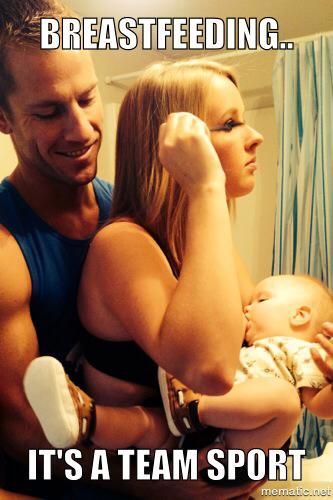 I note that all children are different, and yours may be different! Things to Do During Pregnancy…
I note that all children are different, and yours may be different! Things to Do During Pregnancy… Grunts and strains during and after feeding suffers (this is still easily said) pushes, groans, then cries during and after feeding. The tests are clean, feces for carbohydrates by zero. The pediatrician diagnosed lactase deficiency by eye (feces are slightly frothy, liquid and a moderate amount of mucus are present). I don’t know how trust the pediatrician. Who has had this in practice? Why is it? What is it? How did you cope? I don’t use any milk and sour milk, only 2 slices of cheese for breakfast.0003 1 413516
question the child grunts!!!
Complain
June 15, 2013 18:26 at Personal journal
Girls tell me Taechka for the second day loudly and disgustingly groaning as if tickling in her throat. After feeding, while crawling, before whims, in the bath, she seems to express emotions in such a way.
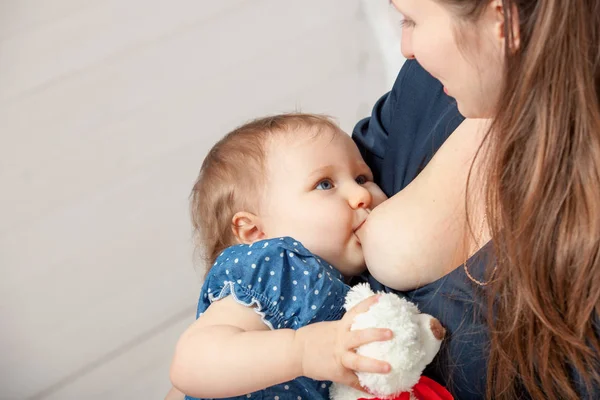 She grunts so that my own throat is tearing ... and in the end she breaks into a slight cough. Onazh so-so will tear your throat and your voice will break. What if something really tickles ... or is this how a cough manifests itself? nine0003 0 1872
She grunts so that my own throat is tearing ... and in the end she breaks into a slight cough. Onazh so-so will tear your throat and your voice will break. What if something really tickles ... or is this how a cough manifests itself? nine0003 0 1872 I really need your advice! The child crechts and squirms while eating ((
Complain
December 30, 2014 07:54 at Personal journal
l and b, but it doesn’t seem to help.He starts to grunt and push while eating, and then he can’t fall asleep because of this for about an hour, sometimes he burps even, so the poor stool tenses regularly, yellow, but liquid with water. Gases too they leave well, we do massage before feeding, Bobotik 3 times a day. Our pediatrician can’t comment on this normally. She said, “well, there are such crackpots and they cry for up to a year and a half” But this is not normal! We are also suffering as a child! Girls, help! In what there can be a problem? Who faced? Maybe this dysbiosis begins?0003 0 20715
Why does a newborn baby push and grunt
Complain
8 May 2013 15:28 at Personal journal
After all, she knows almost nothing and does not know how, and caring for a newborn causes her many questions and concerns.
14 0270482 Many moms are faced with the problem when their baby pushes and blushes, and at the same time he may still grunt or growl. As a rule, such a spectacle does not inspire optimism in them. It is very good and right that you pay attention to such manifestations. But just do not rush to do anything: it is likely that everything is fine with the baby, and your actions can only harm him. Why does a newborn push, and what to do in this case? Let's try to figure it out. Not…
Many moms are faced with the problem when their baby pushes and blushes, and at the same time he may still grunt or growl. As a rule, such a spectacle does not inspire optimism in them. It is very good and right that you pay attention to such manifestations. But just do not rush to do anything: it is likely that everything is fine with the baby, and your actions can only harm him. Why does a newborn push, and what to do in this case? Let's try to figure it out. Not… The child refuses the chest: the causes and recommendations of
Complain
September 1, 2010 14:22 Breastfeeding
Nobody needs to be convinced of the benefits, convenience and mutual pleasure (both for mom, and mother, and mother, and mother, and for mom, and mother, and for mom, and mother, and for mom, and mother for a child) breastfeeding. But as lactation (milk production) becomes established, problems sometimes arise. One of the most unpleasant is that the child sometimes refuses the breast on his own.
26 27201070 How the refusal of the breast manifests itself: the child does not take both breasts; Takes one breast well, does not take the other at all; sucks only in sleep, but refuses when awake; behaves uneasily at the breast: sucks a little, then quits, cries, starts sucking again, quits again, turns away, arches. The main signs are mother's full breasts and ...
How the refusal of the breast manifests itself: the child does not take both breasts; Takes one breast well, does not take the other at all; sucks only in sleep, but refuses when awake; behaves uneasily at the breast: sucks a little, then quits, cries, starts sucking again, quits again, turns away, arches. The main signs are mother's full breasts and ... Article by Victor Sergienko (Koshasty) “The right child”
Complain
April 26, 2013 00:27 at 1 year and 9 months (Last edition - already 2 and a half years). I am often asked questions about life with children in the countryside, in nature. Many have some mythological ideas about this, unfounded fears, and simply the lack of normal adequate information. At the present moment, it is already safe to say that I have certain information about children that is worth sharing. For this purpose, this material is being written, which can be considered a definite addition to "http://vicsrg.
3 56365 ho.com.ua/stat/ogorod.htm", or it can be an independent text. For the most part my…
ho.com.ua/stat/ogorod.htm", or it can be an independent text. For the most part my… Baby refuses to breastfeed
Complain
22 December 2017 17:28 at Personal journal
Interesting article! Maybe someone will be interested, but someone will even help) ------> The child refuses to breastfeed. No panic! Sometimes, immediately after birth, the baby does not take the breast or sucks it for a very short time and quits crying. The same problems may arise some time after the successful start of breastfeeding: the baby suddenly begins to worry and refuses to breastfeed. If a strike occurs in a baby older than 4-6 months, many mothers quite calmly accept this situation as natural weaning and stop breastfeeding. Some, not knowing at all how to deal with it, express for a long time and feed the baby with breast milk ...
1 01997A terrible tale about stool and staphylococcus in a child
Complain
February 11, 2015 10:38 at Personal journal Many of our local doctors, either from unwillingness to look for the true cause, or from ignorance of the concepts of microbiology, write off rashes, allergies, dermatitis, loose and (or) green stools, constipation, diarrhea, hiccups, vomiting, sleep disturbance, appetite, behavior, development ( underline the appropriate from the presented) - a mysterious and at the same time comprehensive diagnosis of DYSBACTERIOSIS.
3 93004 And they begin to stuff the unfortunate little creatures with tons of drugs, ranging from probiotics to intestinal antiseptics. At best, there is no sense; at worst, new misfortunes are added. And oh god!!! Staphylococcus is sown in the stool!!! The question is immediately asked ...
And they begin to stuff the unfortunate little creatures with tons of drugs, ranging from probiotics to intestinal antiseptics. At best, there is no sense; at worst, new misfortunes are added. And oh god!!! Staphylococcus is sown in the stool!!! The question is immediately asked ... Feeding has become a nightmare :(((
Complain
November 24, 2010 08:16 at when he sleeps, everything is fine, there is also an angel in his arms, we bathe calmly, but as soon as we put him in the bed, he starts to grunt, wheeze, blush, arch, and this can last for an hour or two, while it can don’t cry, and all this continues also during feeding or dressing. I don’t know what to do, pooping and pissing normally, farting is also heard all the time. Feeding has become a nightmare, the nipple constantly releases, groans, wheezes, arches, searches again suck again, and all over again.Maybe someone had something similar?
1 3502June 1, 2021 07:10 pm at Personal Journal During feeding, I have a strong stream of milk and my daughter chokes, makes a sound, chokes and tries to take a sip of air.
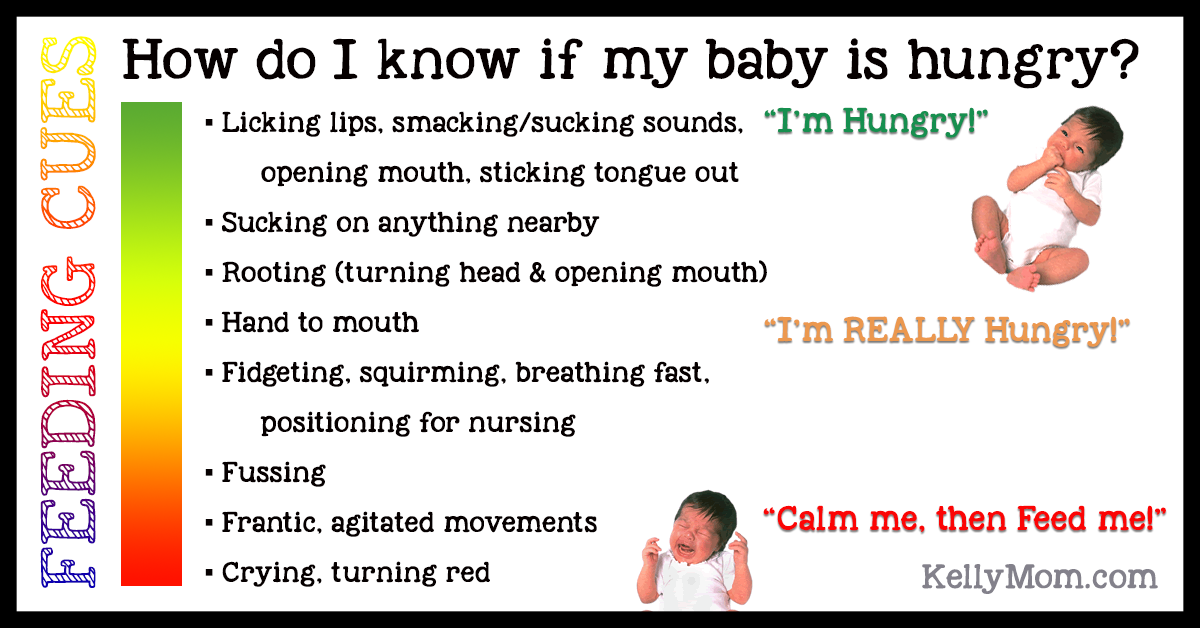 She makes the same sound during sleep, day and night. Pushing, grunting, then this sound. Who had a similar one? This was not the case before. I will tell the doctor, but I do not think that they will help me somehow. I hope you understand what kind of sound, sorry, but you can compare it with a creaky cart. Here's how to explain to the doctor so that he understands?! 0 23422
She makes the same sound during sleep, day and night. Pushing, grunting, then this sound. Who had a similar one? This was not the case before. I will tell the doctor, but I do not think that they will help me somehow. I hope you understand what kind of sound, sorry, but you can compare it with a creaky cart. Here's how to explain to the doctor so that he understands?! 0 23422 Colic. Restless sleep of the child. The advice of a neurologist helped us)
Complain
April 27, 2016 15:25 at Blog
I will share my experience with you. The terrible word "colic" scared me even during pregnancy. I watched the releases of Dr. Komarovsky, educated myself and prepared to endure all the problems with firmness) Problems with the tummy began with us almost immediately. We all know that a baby is born with a sterile gastrointestinal tract. And time must pass until the necessary microflora is formed - and until that time, mothers are experiencing not the most pleasant moments.
7 0269 As such, we didn’t have colic, or rather, we didn’t have their classic symptoms. The stomach bothered us almost all the time. The first problem was gas formation. Due to the underdeveloped flora in the intestine, fermentation occurs, the formation of opportunistic flora, the child ...
As such, we didn’t have colic, or rather, we didn’t have their classic symptoms. The stomach bothered us almost all the time. The first problem was gas formation. Due to the underdeveloped flora in the intestine, fermentation occurs, the formation of opportunistic flora, the child ... How do you put babies to sleep? The baby does not sleep at all (((1 month)
Complain
25 July 2013 12:32 at Health and nutrition of the baby
Because of colic, my daughter’s whole “regime” has gone astray, we don’t sleep at all during the day, 1 time on the street and then groans and wakes up, well, a maximum of 2 times if we still manage to put her to bed in the evening (((We are capricious, falls asleep at the chest , but as soon as I shift it wakes up, I go to sleep for days, it’s useless, I doze only in my arms, by the evening I don’t have any strength ... And the feedings turn out randomly, sometimes less than an hour passes, because the child starts to act up from the fact that he doesn’t sleep, well, plus the tummy still worries.
0 264185 What to do?I read that at this age the child should be awake for a maximum of 1-1.5 hours, i.e. CO ...
What to do?I read that at this age the child should be awake for a maximum of 1-1.5 hours, i.e. CO ... Baby arching while feeding
Complain
18 August 2016 18:56 at Baby health and nutrition
Hello! My baby (we are 3.5 months old, but the problem was initially) bends in every possible way, groans, pushes, spins when feeding. A very rare occurrence is calm feeding. Now she is on artificial feeding. Up to 3 months there was mixed feeding - the problem was the same. I thought that my daughter did not want to breastfeed so much ... But when they switched completely to the mixture, the problem remained. I think it's colic. But do colic occur immediately during feeding? I read that they start after 40 minutes after eating
0 21576In a child on NE
Complain
19 October 2017 16:07 at Personal journal is present. He himself can’t poop more than once a day, the rest of the time he has to help with gas venting, almost all the time he pushes, lets go, grunts, poop can’t be seen from him :( This happens almost all the time, both during feeding and during sleep for the last week.
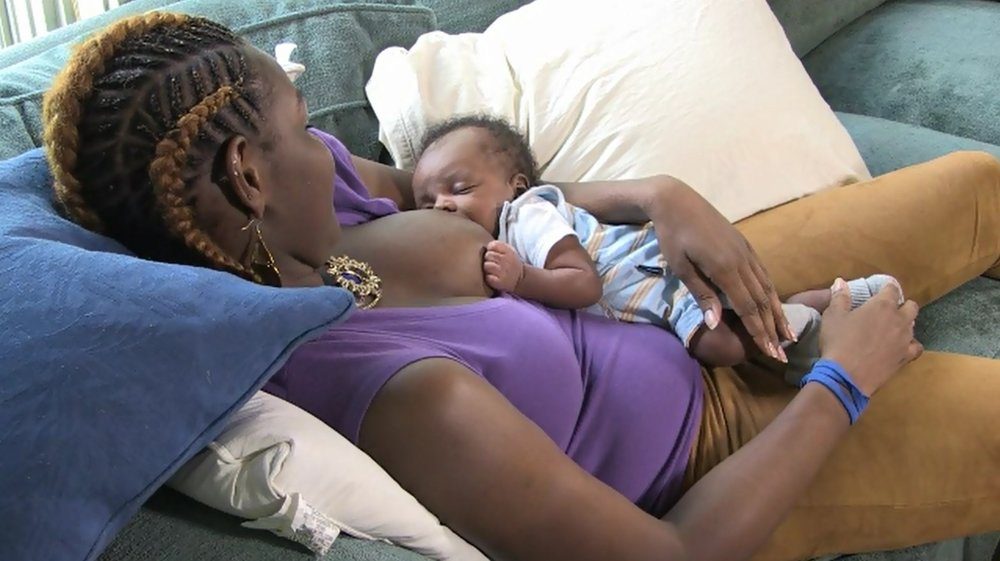 I haven't changed the menu, only gas outlets are better for him for a while.0003 1 181
I haven't changed the menu, only gas outlets are better for him for a while.0003 1 181 it feels like I will kill the baby soon…
Complain
October 14, 2010 2:36 pm at We were discharged at 1 month. At the time of discharge, the baby was healthy and came home. I treated him without much fanaticism. diapers. the bottles were doused with boiling water. feed when you want. gave Elkar (this is a type of vitamin - a tonic) - sometimes I missed these drops because they need to be given 30 minutes before meals. the baby was healthy and slept almost all the time And then a week later it started... 1) the worst diaper rash ... (although I changed the diaper and smeared it with cream) -Changed diapers to meris -changed diaper cream to sudocream -changed diaper napkins for hagis. (everything passed) - (often we just walk in diapers) 2) the eye festered. ...
0 23993I have a feeling that I will kill the child soon .
 ..
.. Complain
14 October 2010 14:36 at Personal journal 1 month. at the time of discharge, the baby was healthy and arrived home. I treated him without much fanaticism. diapers. bottles doused with boiling water. fed when she wants. gave Elkar (this is a type of vitamin - a tonic) - sometimes I skipped these drops because they need to be given 30 minutes before meals. The baby was healthy and slept almost all the time, and after a week it started ..... 1) the worst diaper rash ... (although I changed the diaper and smeared it with cream) -changed diapers to meris, -changed diaper cream to sudocream, -changed diaper wipes to hagis. 2) the eye is festering. the optometrist said...
0 25832How to enter the feeding mode?
Complain
October 13, 2016 18:48 at Personal journal The son begins to eat, 10-15 minutes pass, he passes out, throws the breast and does not take it. I put him to sleep (I just leave him next to me), after a couple of minutes he groans, I help him burp.
 Hop! He is again alert and ready to eat - we repeat everything. In general, we hang on the sis for 40-50 minutes, but we never go to sleep normally. It turns out that I feed almost in an hour, but I would like in 2-3. I can't sleep because of this. If I fall asleep during feeding, he can also fall asleep after 5 minutes, if he is not encouraged and forced to suck. I can't even go to the toilet0003 0 34627
Hop! He is again alert and ready to eat - we repeat everything. In general, we hang on the sis for 40-50 minutes, but we never go to sleep normally. It turns out that I feed almost in an hour, but I would like in 2-3. I can't sleep because of this. If I fall asleep during feeding, he can also fall asleep after 5 minutes, if he is not encouraged and forced to suck. I can't even go to the toilet0003 0 34627 The child pulls the nipple and is capricious
complain
October 15, 2013 11:14 PM breastfeeding
Good afternoon, Good afternoon, I really need help. My daughter has been 4 weeks, we have been on Guards, Milk like Moloca like enough, it’s fat… But for the last week, maybe more after 10 minutes of active suckling, my daughter starts to grunt, pull the nipple, arch her back… feeding became some kind of torment… At first, after she started to pull the nipple, I held her in a column , she burped and I tried to give her the same breast again, she started to suck, but then everything repeated .
0 1321422 .. As a result, I found a way out - to give her another breast. She began to actively suck again and after 15 minutes, she released her breast herself ... I don’t know whether it’s right or not to give two breasts at such an early age, because there is enough milk to give one breast ... T. ...
.. As a result, I found a way out - to give her another breast. She began to actively suck again and after 15 minutes, she released her breast herself ... I don’t know whether it’s right or not to give two breasts at such an early age, because there is enough milk to give one breast ... T. ... How to understand that the child did not get enough sleep?
Complain
November 16, 2018 08:47 am at Personal Journal
We are 10 weeks old. So far, the following routine has been formed: at 21:30-22:00 we fall asleep for the night, sleep until 4-5 in the morning, eat and fall asleep again until the morning. At night, I swaddle my son's hands, otherwise he starts waving them. I don’t change the diaper at night, I don’t turn on the light, I try to do everything very quickly, silently - they drank drops, ate, a pacifier in my mouth and in the crib, my son falls asleep almost immediately. groan. It looks like it's pushing, but it's not.
0 10482 At the same time, he sleeps first, then you can open your eyes. It takes an hour to make such sounds, then it starts to whimper. I take him, but I already feed him “in the morning”: I free my hands, change diapers, before feeding on my stomach, I can talk ...
At the same time, he sleeps first, then you can open your eyes. It takes an hour to make such sounds, then it starts to whimper. I take him, but I already feed him “in the morning”: I free my hands, change diapers, before feeding on my stomach, I can talk ... Watery chair for a monthly child
complain
April 1, 2012 20:02 In Personal Journal
GV HB ... The child is very restless during feeding ... it grows up ... it is bored with legs and handles. .what it is?? I didn’t notice this before ... at the same time, watery stools have been around for 3-4 days ... and only 2 times a day! What is it? it didn't happen before either... there were no changes in my diet...
0 5995Baby gassies0003
Complain
April 23, 2020 10:49 am at Personal Journal Is it really that during breastfeeding she swallows so much air (although there are no sounds of clattering.
0 7224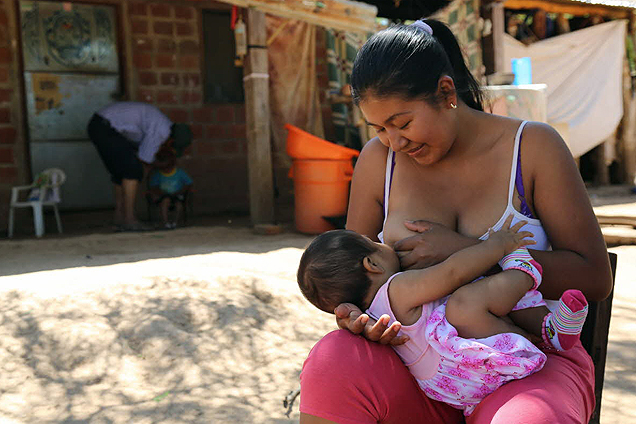 She can’t sleep, she raises her legs, grunts and starts crying after a while, sometimes she cries when she farts, although the stool is daily and liquid (I do massages, and I tighten my legs, and we drink dill, and the child and I, espumizan and bobotik do not help (((really nothing will help(
She can’t sleep, she raises her legs, grunts and starts crying after a while, sometimes she cries when she farts, although the stool is daily and liquid (I do massages, and I tighten my legs, and we drink dill, and the child and I, espumizan and bobotik do not help (((really nothing will help(What about the baby??
Complain
February 16, 2011 10:28 pm at Baby health and nutrition
For the third week I'm going crazy. In the morning we wake up cheerful, cheerful, laughing, laughing. We eat well all day. But closer to dinner, tantrums, yells and squeals begin. He wants to hang only on his mother and constantly walk, only then he is silent. She doesn't lie alone for a minute. We were 3 months old yesterday, 2 weeks old, since she started trying to roll over from her back to her stomach and trying to crawl. Actively trains and screams constantly. Whether from zeal, or something hurts, I don’t understand.
0 18700 Almost flipped over today. During feeding (not every time, but often) she starts to cry and writhe, pull her legs up to her stomach. The chair is not every day, I have already started to give dufalac, but today I put a gas outlet tube, the gas came out, went ...
Almost flipped over today. During feeding (not every time, but often) she starts to cry and writhe, pull her legs up to her stomach. The chair is not every day, I have already started to give dufalac, but today I put a gas outlet tube, the gas came out, went ... Baby wriggling at the breast
Complain
July 29, 2015 10:36 pm at Personal log
Daughter wriggles around while suckling. Sometimes he crawls / scratches me with his feet. Sometimes grunts/is indignant. I see that there is something unsatisfactory. He sucks, gets nervous, lets go of the nipple, starts to cry, and grabs his breasts again. I have thoughts about milk all the time. It seems that I read that there is always milk in the breast and I really want to be sure that she has enough of it. When she acts like that, I just go crazy. She literally hangs on her chest. I don't know about weight gain. Weighed after discharge from the hospital.
1 345945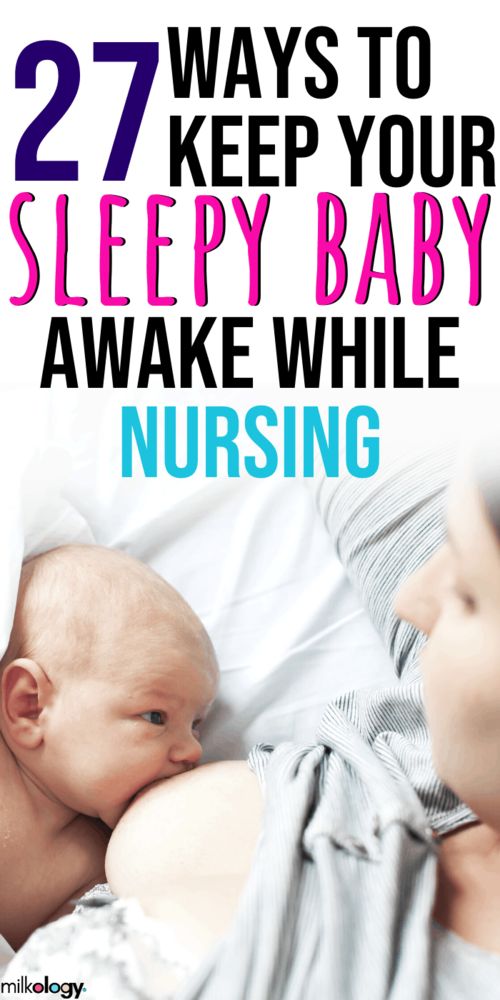 Now to the pediatrician only at the end of August. In general, I do not know what to think. I dream of breastfeeding for a long time. How to feed so that milk is well produced? Ran…
Now to the pediatrician only at the end of August. In general, I do not know what to think. I dream of breastfeeding for a long time. How to feed so that milk is well produced? Ran… First baby problems - regurgitation, hiccups, colic
Complain
11 September 2010 15:06 at First difficulties, joys
The most common problems in babies: regurgitation, vomiting, hiccups, colic (abdominal pain), food allergies, violation of the nature and frequency of stools, constipation, diarrhea (diarrhea). Regurgitation is a type of vomiting, but it occurs easily, without effort. At the same time, a small amount (5 - 30 ml) of milk is released after a short period of time after feeding in the form of runoff or a weak eruption of semi-digested milk. Don't worry, in most cases this is a natural process. The baby may burp when being changed, turned over, and even during feeding: he sucks, turns away, spit up and takes the breast again.
6 44428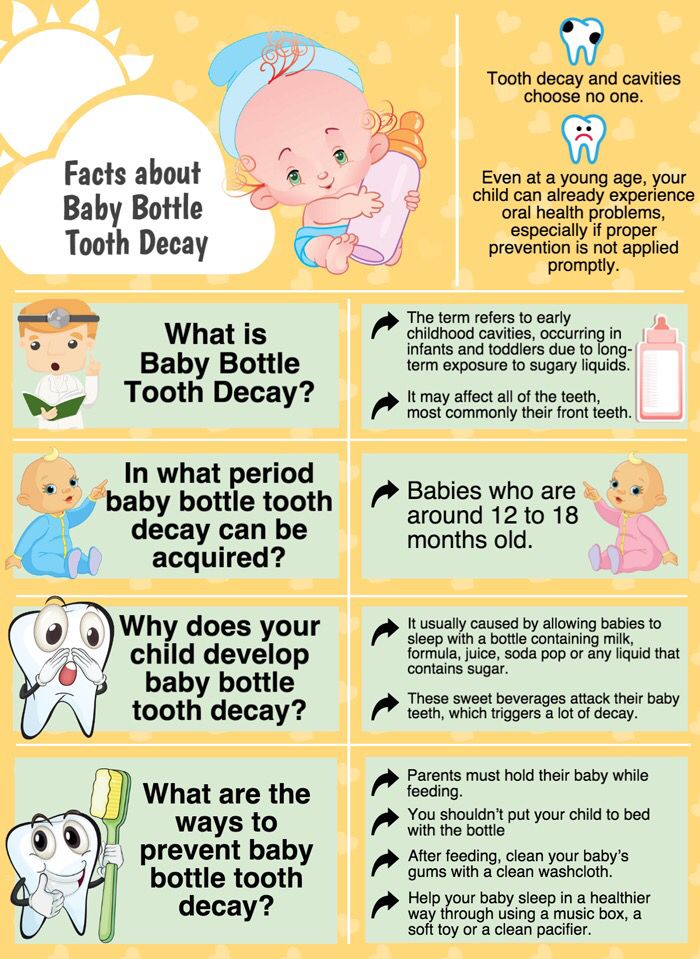 All this is the result…
All this is the result… First infant problems - regurgitation, hiccups, colic
Complain
11 September 2010 15:06 at Personal journal
First infant problems are related to digestion. The most common problems in babies: regurgitation, vomiting, hiccups, colic (abdominal pain), food allergies, violation of the nature and frequency of stools, constipation, diarrhea (diarrhea). Regurgitation is a type of vomiting, but it occurs easily, without effort. At the same time, a small amount (5 - 30 ml) of milk is released after a short period of time after feeding in the form of runoff or a weak eruption of semi-digested milk. Don't worry, in most cases this is a natural process. The baby may burp when being changed, turned over, and even during feeding: he sucks, turns away, spit up and takes the breast again. All this is the result…
0 35060First baby problems - regurgitation, hiccups, colic
Complain
September 11, 2010 3:10 pm at Baby's health and nutrition
Baby's first problems with digestion.
27 0187793 The most common problems in babies: regurgitation, vomiting, hiccups, colic (abdominal pain), food allergies, violation of the nature and frequency of stools, constipation, diarrhea (diarrhea). Regurgitation is a type of vomiting, but it occurs easily, without effort. At the same time, a small amount (5 - 30 ml) of milk is released after a short period of time after feeding in the form of runoff or a weak eruption of semi-digested milk. Don't worry, in most cases this is a natural process. The baby may burp when being changed, turned over, and even during feeding: he sucks, turns away, spit up and takes the breast again. All this is the result…
The most common problems in babies: regurgitation, vomiting, hiccups, colic (abdominal pain), food allergies, violation of the nature and frequency of stools, constipation, diarrhea (diarrhea). Regurgitation is a type of vomiting, but it occurs easily, without effort. At the same time, a small amount (5 - 30 ml) of milk is released after a short period of time after feeding in the form of runoff or a weak eruption of semi-digested milk. Don't worry, in most cases this is a natural process. The baby may burp when being changed, turned over, and even during feeding: he sucks, turns away, spit up and takes the breast again. All this is the result… Can the stomach hurt due to mixed feeding??
Complain
September 1, 2010 17:52 at Personal journal In my opinion, the baby’s tummy has become stronger and more often, he cannot poop normally, he constantly groans during feeding and after. A friend said that the doctor advised her not to torment the child with ST and switch to a completely artificial one .
